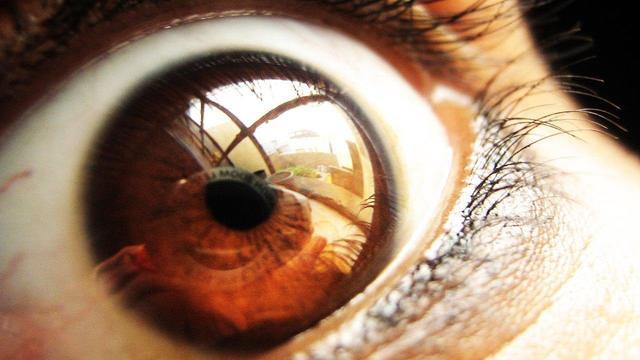According to some estimates, 2.2-4.4% of the population of our planet suffers from paranoia. It is not known exactly how many people around them suffer from this. Paranoid people are easily vulnerable, very sensitive, take everything personally and are sure that everything bad happens for a reason. Check which of your friends and acquaintances fits the description of a paranoid. By the way, what about you?
 35326
35326
What is paranoia
Paranoia is not when you talk to a cat, but when you are afraid to say too much in front of him, says a popular joke on the Internet. She aphoristically conveys an important feature of this mental disorder. Paranoia is said to be when a person for a long time has a feeling that there is a semblance of a conspiracy around him or that he is being persecuted in one way or another.
Paranoids often have a distorted view of reality: it seems to them even more hostile than it actually is. In random other people's actions, they can detect consistency and logic directed against them. They can associate routine events with malicious intent. They might blame you for missing their socks, or they might see the world government in the bad weather over the weekend.
It is known that paranoia is often accompanied by feelings of powerlessness and depression. Given their suspiciousness and problematic personality traits, paranoids often remain lonely, isolated.
Where does paranoia come from?
The exact cause of paranoia is unknown. Scientists identify psychological and biological risk factors for the disease. Paranoid personality disorder is thought to be more common in people with a family history of schizophrenia and delusional disorders (i.e., there is a genetic predisposition). Particular importance is attached to emotional and physical traumas suffered in childhood.
Is paranoia a disease?
Such a diagnosis as “paranoia” does not exist. A person who is called paranoid can be diagnosed with one of three psychiatric disorders:
1. paranoid personality disorder. It is he who is usually called by the people simply paranoia or everyday paranoia. We focus on it in this material.
2. paranoid schizophrenia. It manifests itself as delusions and hallucinations.
3. Delusions of persecution (mania of persecution). Usually, he is characterized by a long-term obsession with a certain fictitious problem (for example, the patient can be sure all his conscious life that the special services want to destroy him).
How paranoia is diagnosed
The leading features of paranoid personality disorder are incredulity and suspicion. But it is impossible to call every incredulous person “by eye” paranoid. According to the diagnostic criteria developed by American psychiatrists, a person who meets four of the seven parameters listed below can be called paranoid.
- A person without good reason suspects that someone is using or betraying him, wants him bad.
- Immersed in doubts about trusting others and friends.
- Reluctant to trust others due to unjustified fear that information will be used against him.
- See hidden unkind meanings in ordinary events or words.
- Constantly feels discontent, anger (for example, does not forgive old grievances).
- Sees an attack on himself or his reputation in things that are not obvious to other people. Tends to respond quickly and viciously to them.
- Has regular unfounded suspicions about the fidelity of a spouse or partner.
Of course, these only a psychiatrist can correctly use diagnostic criteria.
Is paranoia treated?
Another joke about paranoia – “paranoia is the only disease that you can diagnose yourself with 100% accuracy” – is completely untrue. Paranoid personality disorder makes life difficult for those who suffer from it. But they do not consider themselves sick, so they almost never seek help. Moreover, distrust of doctors (as well as other people around) complicates treatment: after all, trust is necessary for effective psychotherapy. In working with such patients, psychotherapists try to help such people develop trust and empathy, improve communication skills and increase self-esteem.
